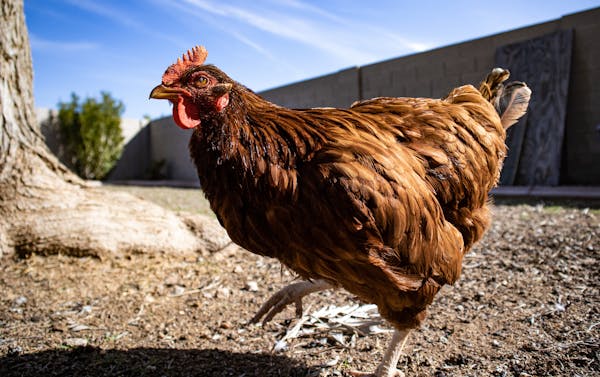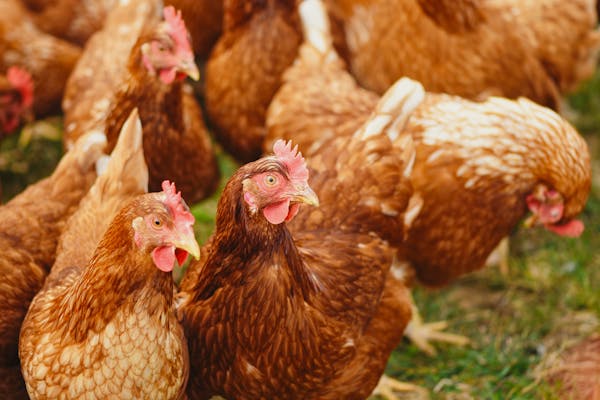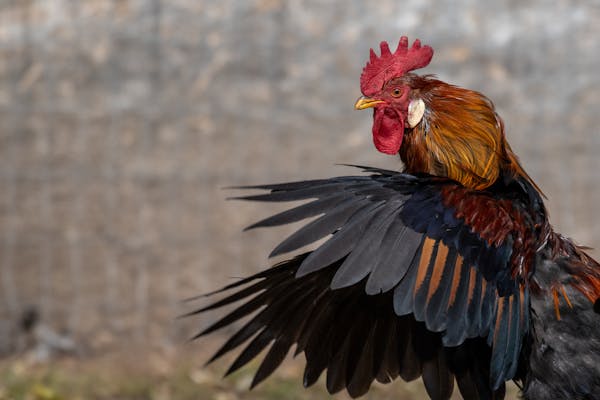
When to Worry: Common Health Signs You Shouldn’t Ignore
May 25, 2025 • Health • 7 minute read
Caring for chickens goes beyond feeding and cleaning. Recognizing signs of illness early can make a huge difference in recovery and flock safety. Chickens often hide symptoms until they are serious, so knowing what to watch for is essential. In this article, we cover the most common warning signs and explain what they might mean.
Changes in Appearance and Posture
One of the first signs something is wrong is a change in your chicken’s posture or physical appearance. A bird that normally stands tall may suddenly crouch, hunch its shoulders, or hold its tail down.
Look for puffed-up feathers, drooping wings, or a comb that turns pale, purple, or shriveled. These visual cues often point to illness or stress.
Even a slight shift in how a chicken carries itself can be an early red flag. Daily observation is the best way to notice these subtle changes quickly.

Unusual Behavior and Activity Levels
Healthy chickens are naturally curious and active. If a bird separates itself from the flock, stops scratching and pecking, or seems unusually quiet, it may be unwell.
Pay close attention to chickens that stop dust bathing, perching, or foraging. These behavioral changes often appear before any physical symptoms do.
Signs of Trouble in Eating and Drinking
A chicken that refuses food or water for more than a day is likely dealing with illness or internal discomfort. Sudden weight loss or a sunken crop can also indicate digestive problems.
Also watch for signs like picking at food without swallowing or drinking excessively without eating. These patterns can suggest specific internal issues.
Monitoring how much your chickens eat and drink is one of the simplest yet most effective ways to track their health daily.

Breathing Issues and Strange Noises
Labored breathing, wheezing, gasping, or clicking sounds can signal respiratory infections. These illnesses can spread fast through a flock if not treated promptly.
You may also notice open-mouth breathing or head shaking. These signs are especially concerning in warm weather and should be taken seriously.
Changes in Droppings or Egg Production
Unusual droppings can offer insights into what’s going on internally. Watery, discolored, or foamy poop might mean infection, parasites, or diet imbalance.
A sudden drop in egg production or oddly shaped eggs can also be signs of stress, illness, or reproductive issues.
Keep in mind that seasonal changes or molting can cause temporary fluctuations, but long-term changes should not be ignored.
Observing both droppings and egg patterns gives a clearer picture of your chicken’s internal health.

Conclusion: When to Act and What to Do Next
Recognizing health issues early gives you the best chance to help your chickens recover. If you notice any of these signs lasting more than a day or worsening quickly, consult a vet or poultry expert.
Regular observation and prompt action are your best tools for maintaining a healthy, thriving flock. Don’t wait for clear symptoms—often, the small changes are the most important to catch early.




